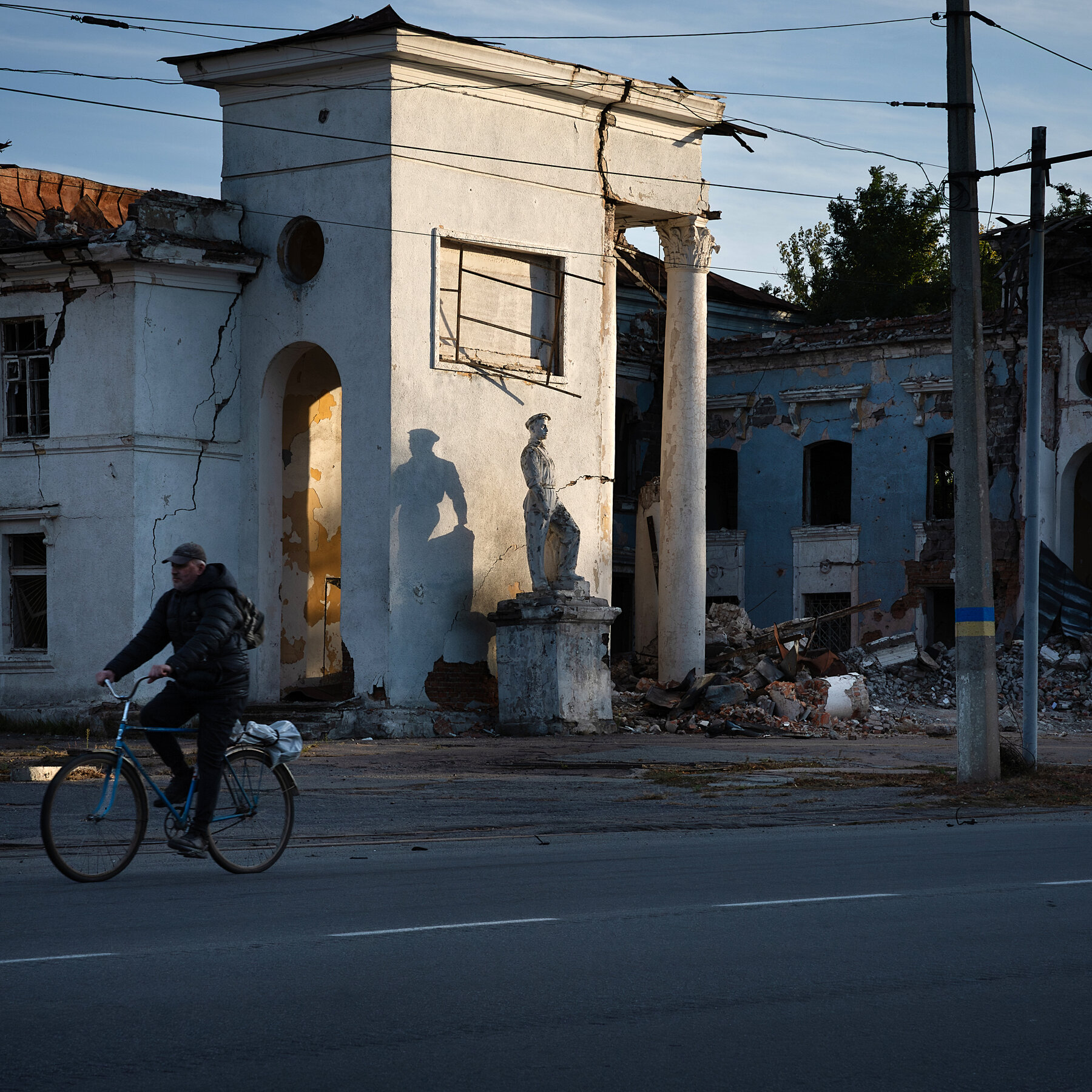The European Union is poised to make a significant move to support Ukraine by potentially approving a political agreement as early as Thursday, March 14, 2024. This agreement could facilitate a substantial loan for Ukraine, utilizing funds from Russian assets that have been frozen in a financial institution in Belgium.
Officials within the EU have been working on this initiative for several weeks, aiming to convert the frozen assets into cash that could bolster Ukraine’s economy amidst ongoing conflict with Russia. The plan underscores the EU’s commitment to aiding Ukraine while also addressing the implications of the frozen assets linked to the Kremlin.
The proposed loan, which could reach up to €10 billion (approximately $11 billion), is intended to provide critical financial support. This move is particularly vital as Ukraine continues to face significant economic challenges due to the ongoing war. The EU’s strategy not only seeks to assist Ukraine but also aims to send a clear message to Russia regarding the consequences of its actions.
EU officials have indicated that the legal framework for this agreement is being carefully crafted to ensure compliance with international laws concerning frozen assets. They are also considering the broader impact of such a financial maneuver on international relations and economic stability in the region.
In recent discussions, the European Commission has highlighted the need for immediate action to support Ukraine, emphasizing that time is of the essence. The urgency of the situation has prompted officials to accelerate negotiations, with a focus on finalizing the agreement before the upcoming EU summit.
As the EU prepares to finalize this plan, attention turns to the broader implications for international finance and relations. The successful conversion of frozen assets into a loan for Ukraine could set a precedent for similar actions in the future, reflecting a shift in how the international community responds to geopolitical conflicts.
The outcome of this agreement will be closely monitored as it unfolds, with analysts predicting that it could have a lasting impact on both Ukraine’s economic recovery and the EU’s approach to managing frozen assets linked to state actors.
